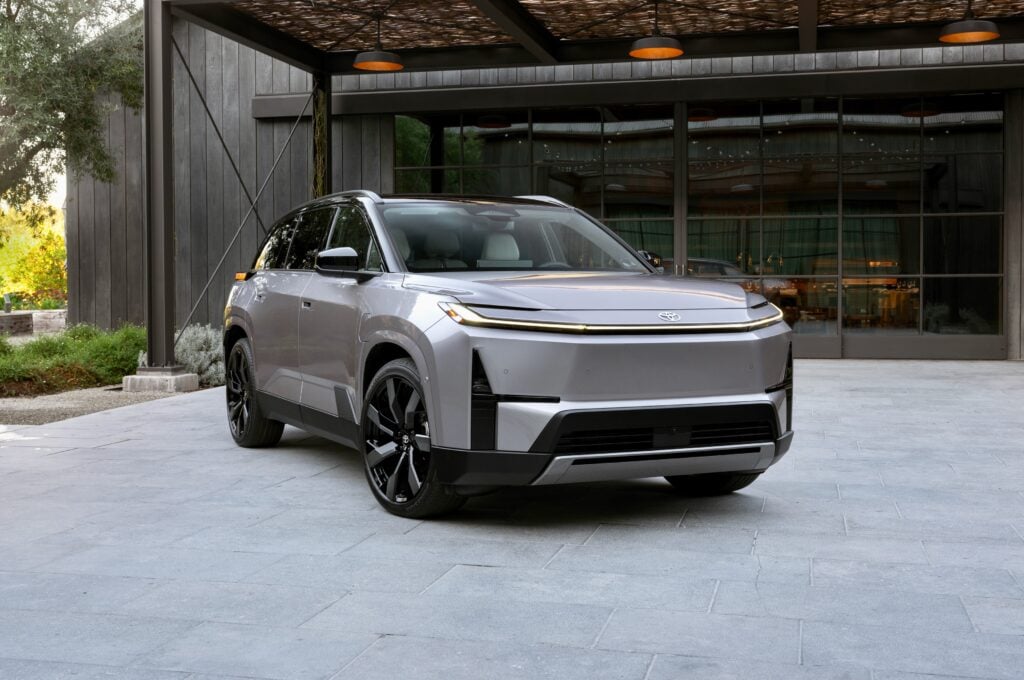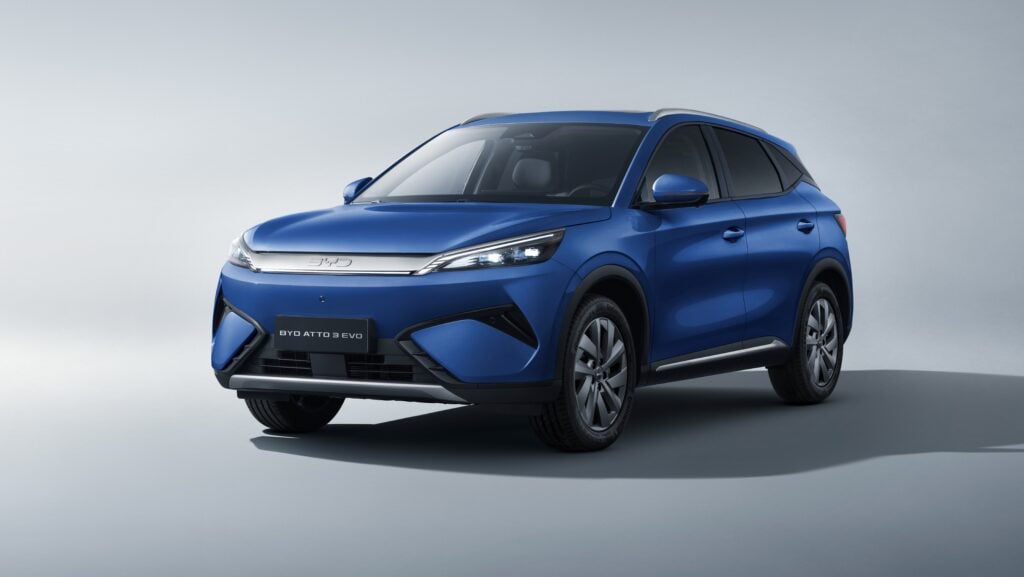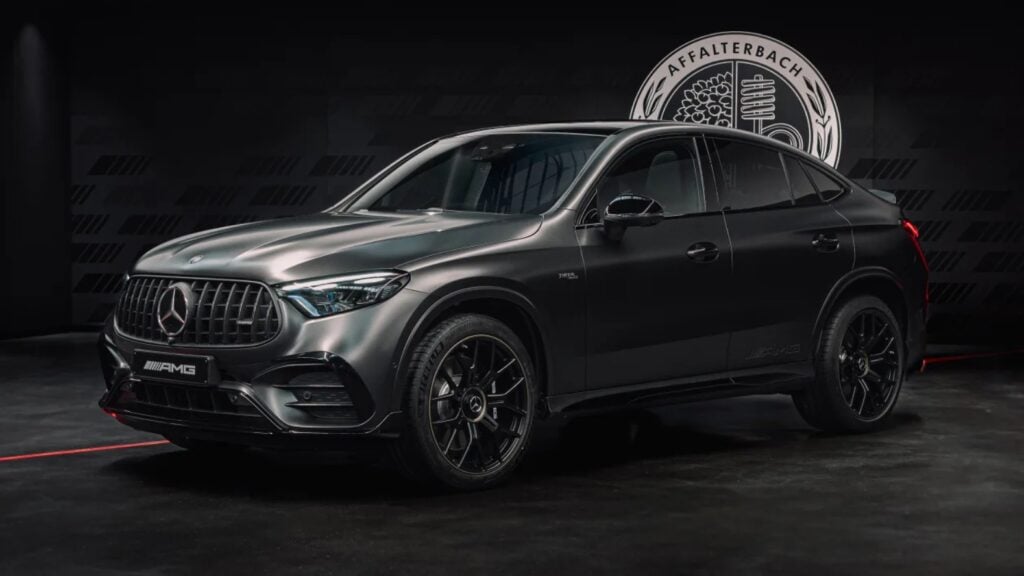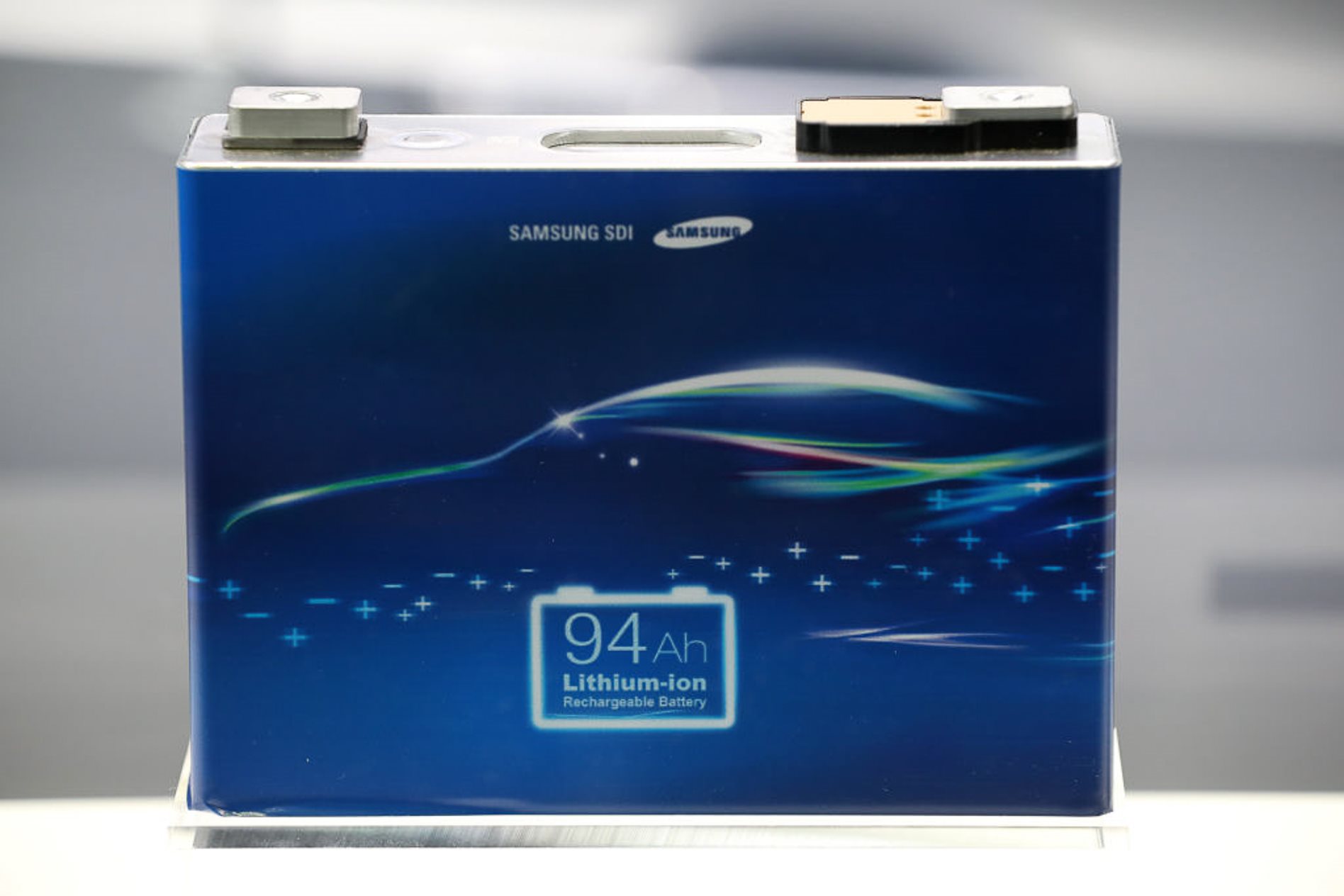
Samsung’s Advanced Institute of Technology (SAIT) has revealed a revolutionary solid-state battery that would enable electric vehicles to drive between Melbourne and Sydney on a single charge.
With a significant leap forward in material science, the South Korean tech giant’s innovation shrinks the overall size of the battery by half, compared with the most energy-dense batteries currently (hah!) in use by EV manufacturers.
That means a vehicle’s range can be effectively doubled without requiring any extra space to store the battery. Take the Tesla Model S Long Range, for example; swap its standard battery for a Samsung unit, and its range would theoretically be boosted from about 700km to a whopping 1400km.
Even Volkswagen’s ID3 small hatchback would be boosted to in excess of the milestone 1000km range, solving one of the most common arguments against an electric vehicle’s suitability for Australia’s long road-trip culture.
Master at SAIT’s Next Generation Battery Lab and the leader of the project, Dongmin Im, explained, “The product of this study could be a seed technology for safer, high-performance batteries of the future. Going forward, we will continue to develop and refine all-solid-state battery materials and manufacturing technologies to help take EV battery innovation to the next level”.
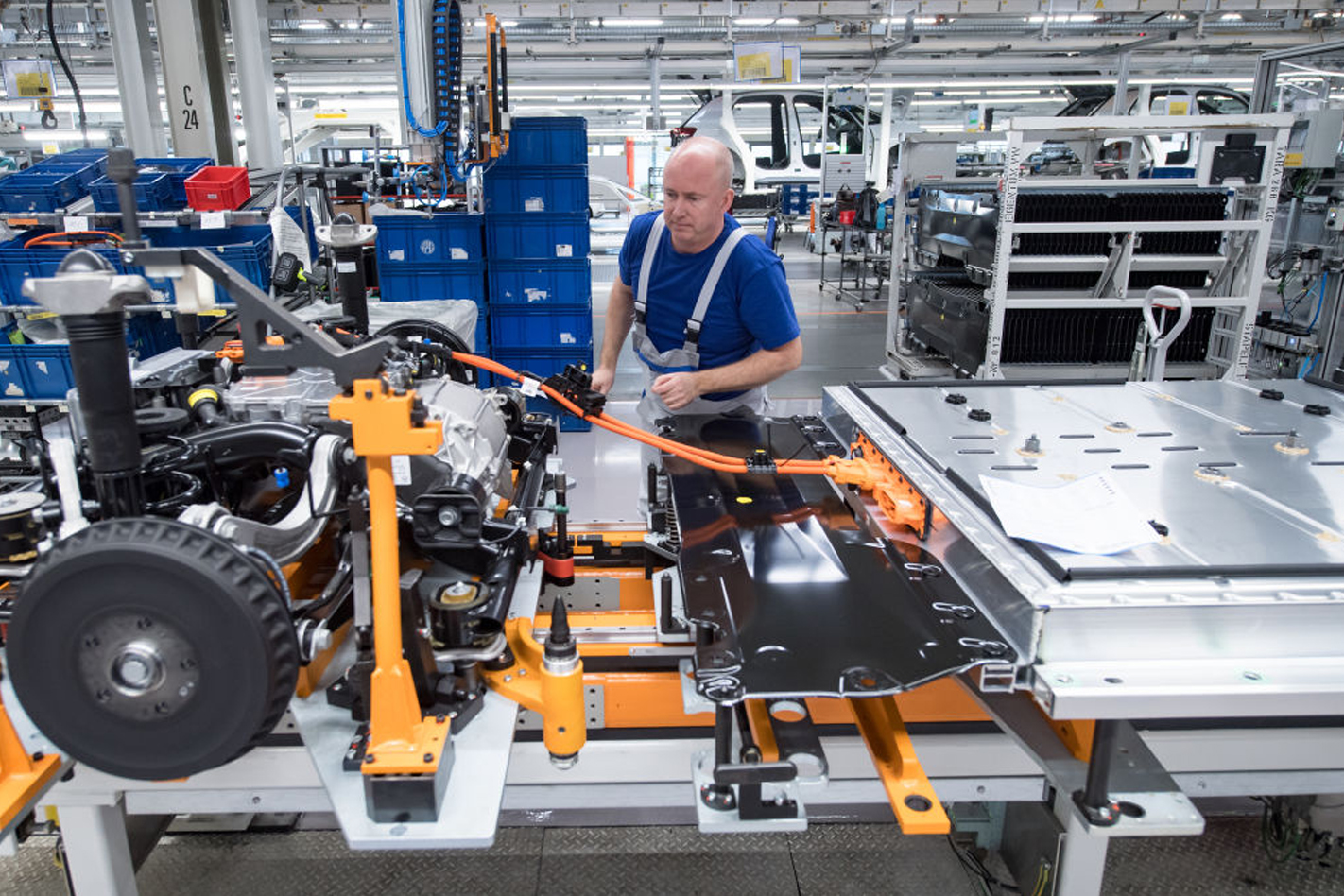
The size of a typical EV battery (right of shot)
The secret to Samsung’s super battery lies in its electrolyte. In conventional EV batteries, the electrolyte is a liquid, but Samsung’s scientists and engineers have developed solid electrolyte technology, which is far denser than the liquid approach.
While Tesla’s lithium-ion batteries, for example, have an energy density of 272 watt-hours per litre, the new solid-state battery can brag an incredible 900Wh/L. That dramatic improvement is thanks to a second significant innovation; the composition and construction of its anodes.
While the current most efficient and energy-dense batteries use lithium anodes, the Samsung solution introduces a new silver-carbon coating known as Ag-C, which is just 5.0 micrometers thick.
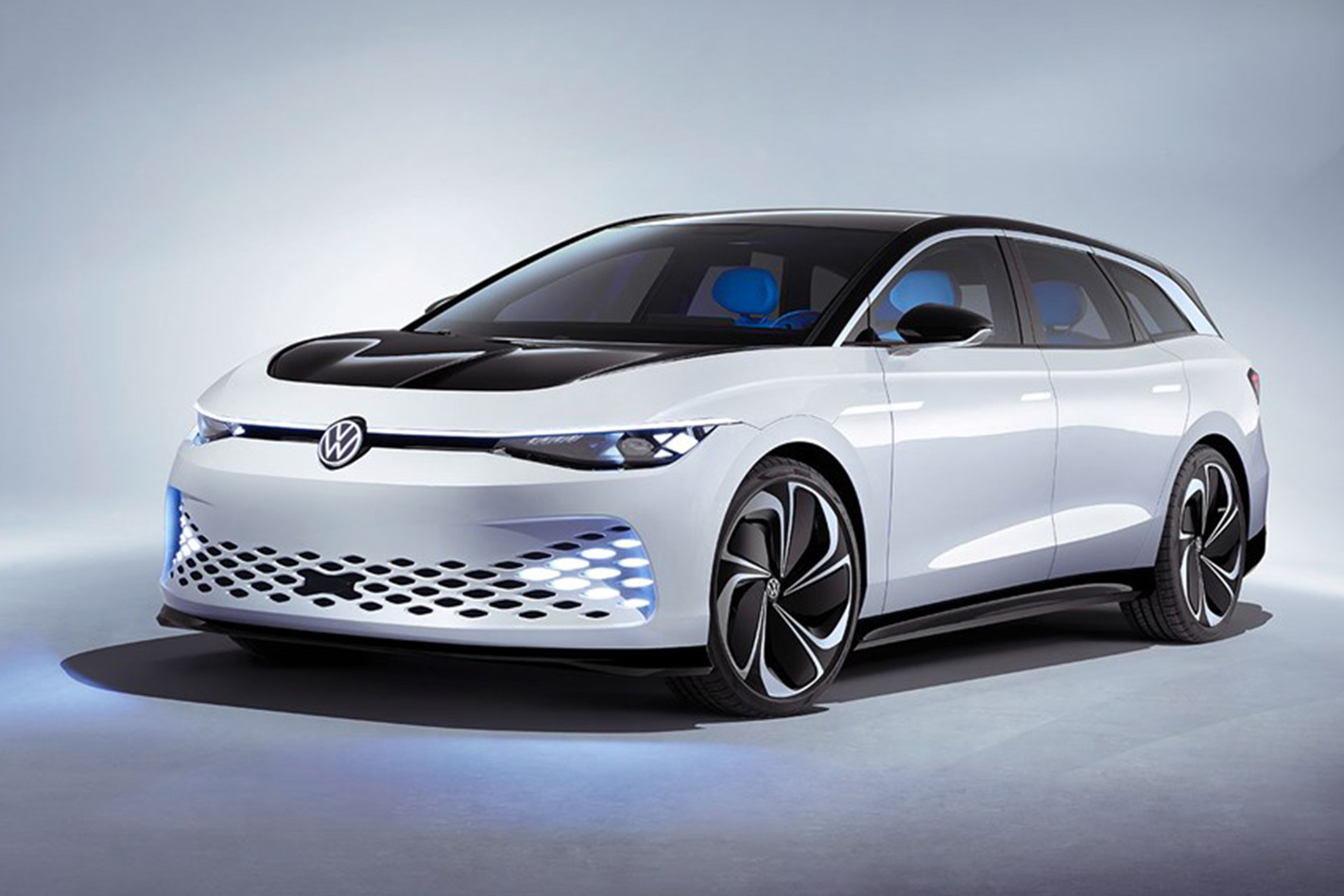
VW ID Space Vizzion
This Ag-C nanocomposite not only allows more compact packaging but resists the growth of ‘dendrites’ – the chemical formation of needle-like crystals which reduces battery capacity over many charge cycles, as well as the stability of the pack.
That means smaller, safer, higher-capacity batteries that, says Samsung, can be recharged more than 1000 times (about a million kilometres of total range) for a future of more attractive and compelling electric vehicles.
MORE Could Lexus build the first 1000km EV?
At this stage, only a relatively small prototype battery has been developed, while no mention has been made about the price of such a high-performance power pack that takes precious metals for its construction.
Its longer life and number of cycles are, however, likely to offset an initial higher unit price.
Watch this space as bigger prototype batteries roll out in larger-scale tests in the coming months and years.



